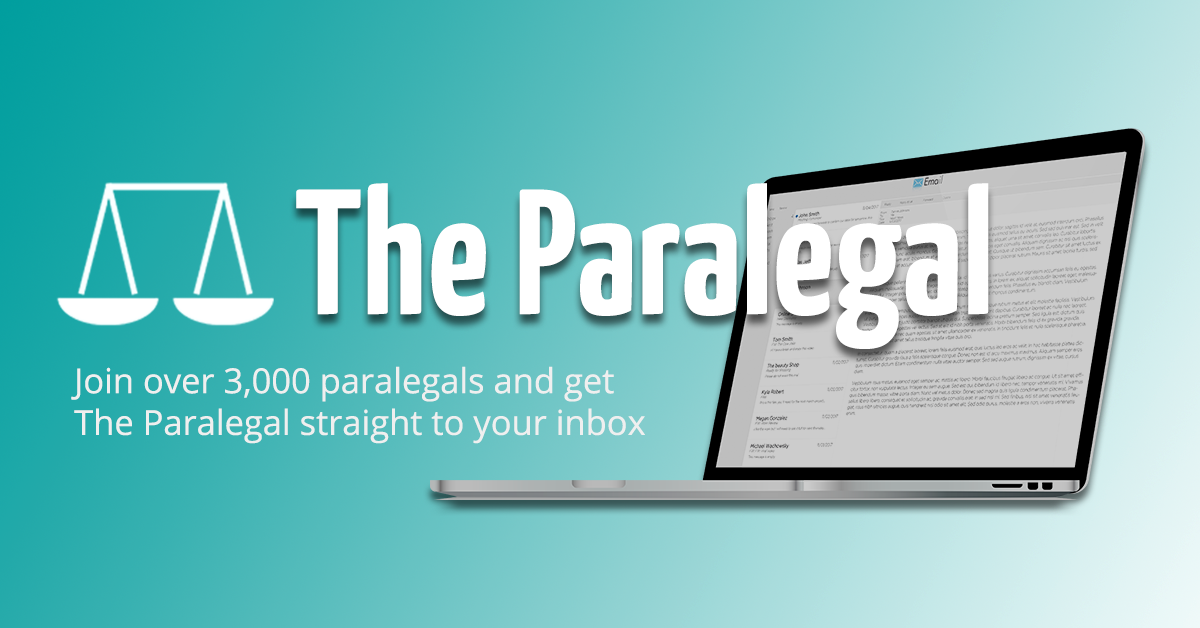As lockdown restrictions continue to be eased and companies begin to resume their recruitment campaigns, job seeking Paralegals may find themselves invited to interviews, either in person or remotely via a video conferencing application. Members of the Institute of Paralegals are in demand as they have met the standards set for the profession.
In this article, leading legal job board TotallyLegal provides 8 top tips to help you succeed at your next Paralegal job interview.
Do your research
In the highly competitive Paralegal profession, knowing about the activities and attitudes of the company you’re interviewing at can give you an edge over less prepared candidates. Spend time before your interview reading up on your potential employer to find out about their products or services, the industry they operate in, ongoing projects, awards they have won and any other key information that could come in handy.
Not only does this research help you to tailor the answers you give to your interviewer and come up with insightful questions of your own, but can also save you the time and effort of interviewing for a job that you don’t actually want to do. Make sure you double check the job description to ensure it aligns with your ambitions and needs.
Ultimately, knowing about the organisation and the role at hand will allow you to demonstrate to your interviewer that you are to be taken seriously and that you will be a good fit.
Dress to impress
Regardless of whether your interview is to be held in person or remotely, your attire can have a significant impact on your success, so you need to dress appropriately for the role you’ve applied to.
If you are completely unsure about what to wear you could reach out to the recruiter or hiring manager, but since Paralegals often work in law firms or corporate offices, it’s safe to assume your outfit of choice should be suitable for a professional, business setting. Don’t worry if you arrive and it turns out that the office dress code is more casual or relaxed than expected as it’s always better to be overdressed and make a great impression.
If you have been working remotely recently, you’ll know it’s easy to become more relaxed with what you wear at home, so if your interview is taking place via Zoom, pay extra attention to your choice of clothing.
The bottom line is to make sure you wear clean, comfortable, business clothing that shows you are a serious Paralegal who genuinely cares about the job you’re interviewing for.
Be prepared
Although they are both important steps, there’s more to preparing for your interview than doing your research and picking out the right outfit.
A few days before your interview, you should think about what you might need to bring with you on the day. We recommend taking print outs of your CV for yourself and each of your interviewers, a pen and notebook plus anything else you may have been asked to bring such as referee details or a portfolio of work.
Being late can set a bad tone for the whole interview and make you appear careless, so make sure to plan your travel and try to arrive 10-15 minutes before your interview. If you think you’re going to be late, contact your interviewer or recruiter to let them know as soon as you can.
For remote interviews, make sure you have the correct software installed, a reliable internet connection and a quiet location where you won’t be disturbed. Check out this article for more video interview preparation tips.
Pay attention to your body language
It’s no good saying all the right things if your physical actions don’t convey a positive message, so for a successful Paralegal interview you need to make sure that your body language aligns with your verbal answers.
When you arrive, greet your interviewer with a firm handshake and warm smile. Nod your head and lean in slightly when your interviewer is speaking to demonstrate your interest and understanding. When it’s your turn to speak, maintain eye contact with your interviewer and use subtle hand gestures to enhance what you are saying.
Slouching will make you look careless while crossing your arms can appear confrontational, so if these positions and stances are natural to you make extra effort to steer clear of them for the duration of your interview.
Stay positive throughout
Part of your interview is likely to address your current or most recent role and why you have left or are looking to leave it. The key for being successful here is retaining a positive attitude about the circumstances around your job change.
When your interviewer asks why you are looking to make a career move, it’s always best to talk about your desire for a new challenge and what you think you can bring to the role, even if part of the reality is that you want to get away from a toxic environment or a difficult boss.
Likewise, if your interviewer enquires about a previous job change, poor academic performance or a gap in your CV, don’t be defensive or start placing the blame elsewhere. Instead, focus on what you learned from that particular experience and how it can be applied to the job at hand.
Build rapport with the interviewer
Building rapport with your interviewer is a great way to stick out from other applicants and, ultimately, increase your chances of success.
You’ve already done your research into the company and sector, so you are in a good place to speak professionally and demonstrate your knowledge, but don’t be afraid to show a little humour and let your personality be seen when it’s appropriate to do so.
For example, if your interviewer mentions a hobby or interest that you share, you might be able to incorporate it later in the conversation, showing that you are interested in them as a person and becoming more memorable in the process.
Arm yourself with intelligent questions
One of the most common areas where candidates fail is when they’re given the opportunity to ask their own questions. It would be a shame to do and say all the right things and then fall at the final hurdle, so make sure you arm yourself with intelligent, insightful questions prior to your interview.
Having done your research around the organisation or law firm and the work they do, you shouldn’t find it too difficult to come up with a set of questions. You could ask about a landmark case won by the firm or perhaps you want to know more about a niche practice area in which they specialise.
If you still have questions about the role itself or the office culture, now is the time to ask, but we recommend steering clear of any salary related questions until you’ve been offered the position.
Wrap it up
You’ve answered all your interviewer’s questions, asked your own and hopefully made a great impression - now it’s time to wrap up the interview.
Make sure to thank the interviewer for their time, reiterate your interest in the role and ask about any next steps in the hiring process. If you need to follow up the interview by sending any additional information make sure to do so promptly and, to really stand out from the crowd, send the interviewer or hiring manager a quick thank you note via email if you have their contact details.
For more careers advice and the latest Paralegal roles, visit TotallyLegal today.



